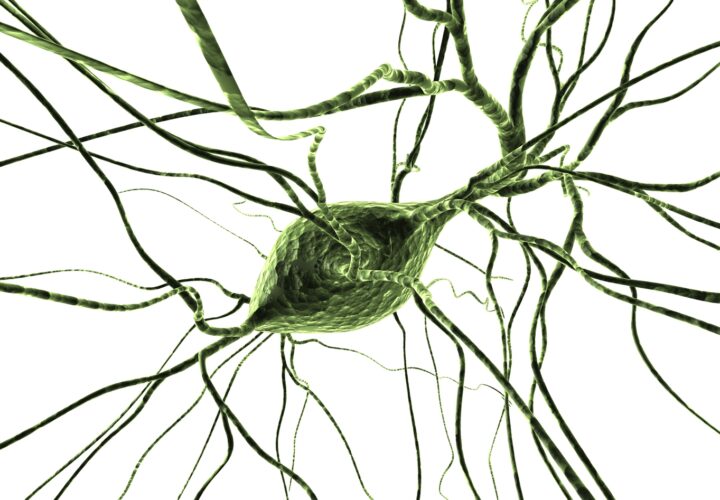We know that Alzheimer’s disease is defined by the presence of beta amyloid plaques and tau tangles in the brain but scientists are still unsure about exactly how this causes the death of neurons. They may be a step closer to answering this question with the latest study by the Banner Alzheimer’s Institute at Arizona State University. Researchers there have uncovered a new pathway that leads to the death of brain cells in Alzheimer’s, which could open up new drug targets and potential treatments for the disease.
They found that a process, called necroptosis (where brain cells burst and die), was happening in the brains of people who had Alzheimer’s disease. The process is controlled by three proteins called RIPK1, RIPK3, and MLKL. Higher levels of two of the proteins were found in the brains of people with Alzheimer’s than those of the control group. Researchers also found necroptosis was associated with the build up of tau but not with amyloid. In a subsequent part of the study conducted on Alzheimer’s mice, they found that when the protein pathways that lead to necroptosis were blocked, the mice lost less brain cells and had higher cognitive function.
You can find the full study here.



Hello,
Yesterday, my daughter’s mother-in-law was diagnosed with Progressive Supranuclear Palsy. Needless to say we are all devastated. Is there any hope of her surviving many years with quality of life?
At which hospital would you suggest is the most up to date for treatment of this disease?
Thank You